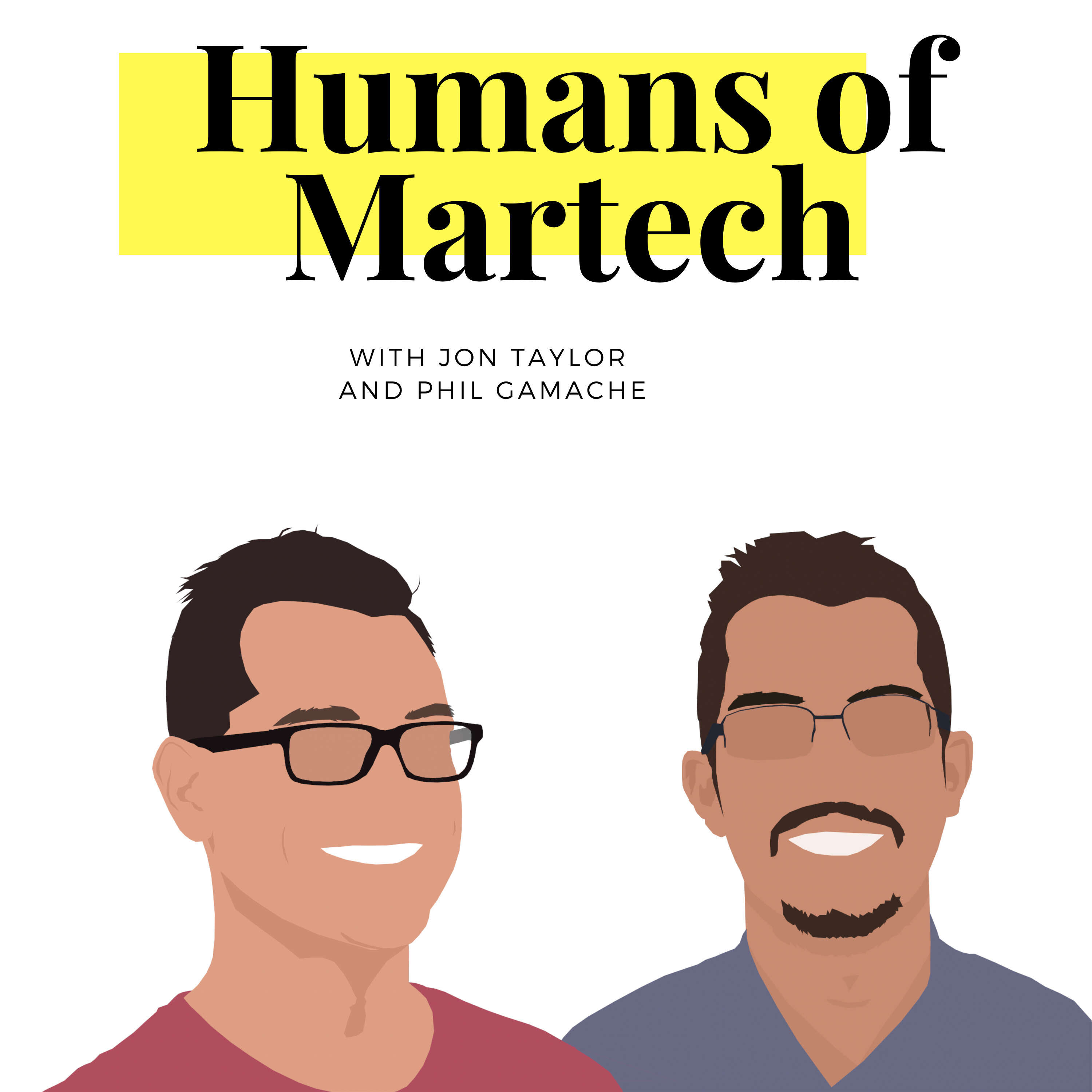- After-Shows
- Alternative
- Animals
- Animation
- Arts
- Astronomy
- Automotive
- Aviation
- Baseball
- Basketball
- Beauty
- Books
- Buddhism
- Business
- Careers
- Chemistry
- Christianity
- Climate
- Comedy
- Commentary
- Courses
- Crafts
- Cricket
- Cryptocurrency
- Culture
- Daily
- Design
- Documentary
- Drama
- Earth
- Education
- Entertainment
- Entrepreneurship
- Family
- Fantasy
- Fashion
- Fiction
- Film
- Fitness
- Food
- Football
- Games
- Garden
- Golf
- Government
- Health
- Hinduism
- History
- Hobbies
- Hockey
- Home
- How-To
- Improv
- Interviews
- Investing
- Islam
- Journals
- Judaism
- Kids
- Language
- Learning
- Leisure
- Life
- Management
- Manga
- Marketing
- Mathematics
- Medicine
- Mental
- Music
- Natural
- Nature
- News
- Non-Profit
- Nutrition
- Parenting
- Performing
- Personal
- Pets
- Philosophy
- Physics
- Places
- Politics
- Relationships
- Religion
- Reviews
- Role-Playing
- Rugby
- Running
- Science
- Self-Improvement
- Sexuality
- Soccer
- Social
- Society
- Spirituality
- Sports
- Stand-Up
- Stories
- Swimming
- TV
- Tabletop
- Technology
- Tennis
- Travel
- True Crime
- Episode-Games
- Visual
- Volleyball
- Weather
- Wilderness
- Wrestling
- Other
85: Arun Thulasidharan: Warehouse-native martech and an alternative pricing model
Summary: Arun clarifies 'warehouse-native' and 'connected' concepts, positioning Castled.io as a flexible solution that caters to specific customer needs. He addresses challenges in traditional martech, such as the disparity between customer base size and value derived, and presents Castled.io's unique solutions like an alternative pricing model and immediate data access. Arun navigates the issues of a warehouse-native approach, providing strategies for handling real-time data and minimizing compute charges. He cautions against seeing warehouse-native adoption as merely an escape from reverse ETL, emphasizing its potential to resolve existing martech problems and enhance functionalities. Arun encourages a positive attitude towards new, complex technologies, recognizing their transformative potential.About Arun
Arun is a data engineer by trade with over a decade of experience building and scaling systems in the startup ecosystem
He started his career in software engineering roles at Applied Materials, an enterprise semiconductor manufacturer and later MiQ, a programmatic advertising media partner
Arun then joined Flipkart, known today as India’s largest e-commerce marketplace with a whopping 150 million customers
He then moved to the startup world joining Hevo Data as one of the first tech hires, a No-code ETL Data Pipeline platform that enables companies to consolidate data from multiple software
In 2021, Arun moved to San Francisco to co-found his first startup, Castled Data - A warehouse-native customer engagement platform that sits directly on top of cloud data warehouses
Along with his team of founders Arun was selected by YC in the Winter 22 batch
From Open Source Reverse ETL Tool to Warehouse Native CEPWhen asked about the transformational journey of Castled.io, Arun shed light on the genesis of the company's vision. It was a time when businesses wanted to move their data from warehouses to various tools, yet the market lacked the means to do this efficiently. Recognizing this gap, Arun embarked on the mission to develop an open source, reverse ETL solution. His concept was founded on the idea that no one-size-fits-all tool could cater to the wide range of companies' diverse requirements.This venture brought Castled.io a fair amount of traction, with many companies employing their open source solution in-house, and a growing clientele availing of their cloud-based offering. However, around this time, a critical analysis of the martech landscape provoked a pivot. Arun realized the long-term sustainability of reverse ETL solutions was questionable, especially with the burgeoning concept of warehouse-native apps. Other companies were beginning to develop their own reverse ETL tools.Arun observed that these ETL solutions were not truly designed for data teams but rather marketing growth teams, signaling a limitation in their scope. The need to constantly shift data to different platforms like Intercom was dwindling, given alternative and more efficient methods emerging in the martech ecosystem. In fact, he believed that the popularity of these reverse ETL solutions might begin to wane within a year.The most crucial feedback that inspired the transformation of Castled.io came directly from its target audience – the marketers. They indicated that a reverse ETL solution did not fully resolve their challenges, especially in scenarios where handling large amounts of data became a bottleneck for their existing tools. It became clear that simply copying data from warehouses to another tool wasn't an effective solution.Prompted by these revelations and the rising acceptance of the warehouse-native concept, Arun and his team decided to pivot. They transitioned from being an open-source reverse ETL tool provider to building Castled.io as a solution directly layered on top of data war

